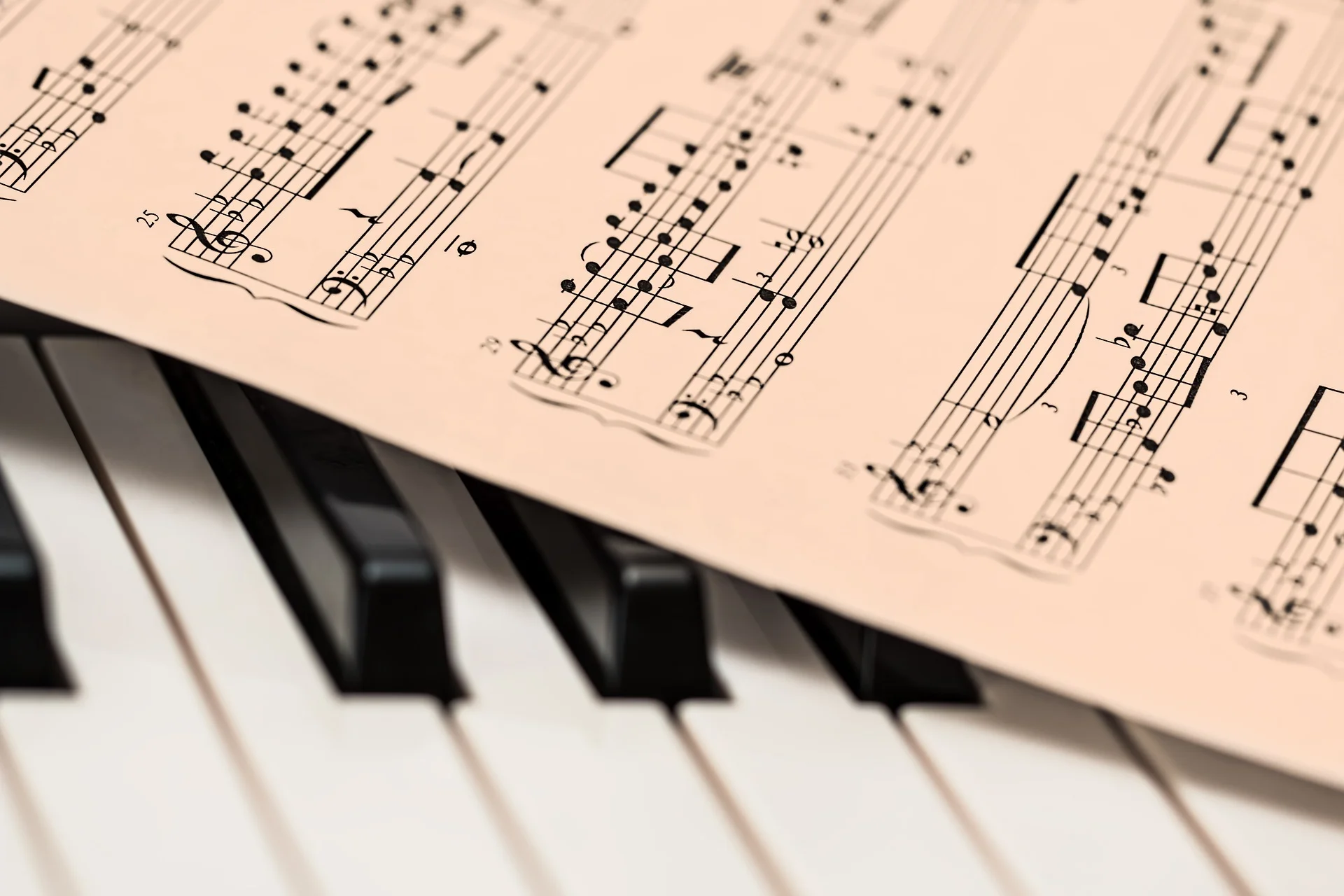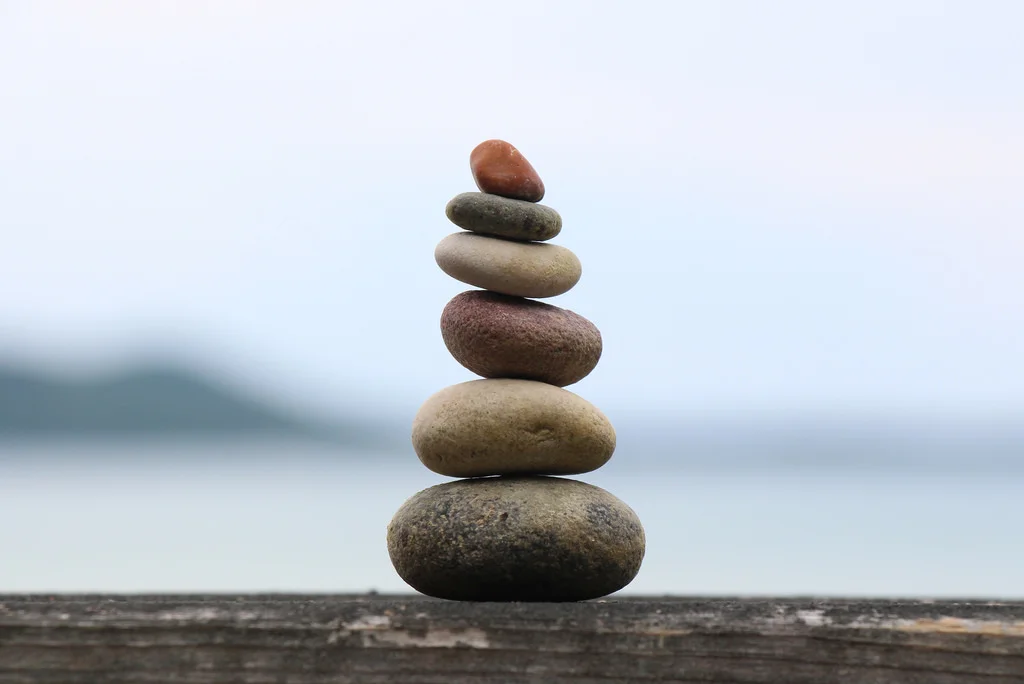By Andrew White
Well, can you believe it? It’s almost time for the Spring Recitals 2017! Sign ups are well into full swing with some recitals already full. If you haven’t had a chance to sign up yet, now is your time to do so. Visit www.awsom.info/recitals and fill in the quick form to ensure you are ready to roll for what promises to be one of the best recitals you’ve ever been to! We are excited to be gathering in the Mercer Music Hall, a brand new venue in Bellevue, next door to our previous facility at Northwest Pianos.











